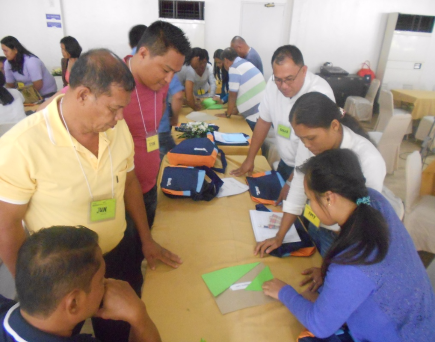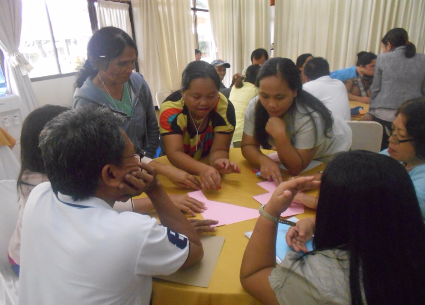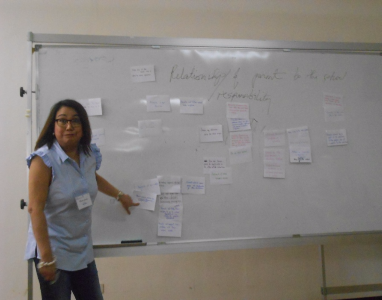September 28th and 29th marked a great day for education across the nation as local chief executives, educators, and parent leaders all gathered in the Philippine International Convention Center for Synergeia’s 11th National Education Summit. For two days, education, good governance, and making a difference took the center stage as thought leaders in the field of education discuss and reflect on how they were able to make impacts in their own communities.
Continuing from the success of last year’s National Education Summit, which was also held in the Philippine International Convention Center, this year was well-attended by over 300 participants from across the Philippines. Representatives from Synergeia’s partner communities, as well as those in the field of governance and education, attended the event, filling PICC’s meeting room one with much insight and ideas. The event was co-hosted by Dr. Antonio Torralba, the Vice chairman of Synergeia Foundation, and Councilor Rovin Feliciano of Valenzuela City.
Vice President of the Philippines Leni Robredo graced us with her presence and shared some words with the audience. She delivered a message of perseverance and hope, sharing how there must be a constant push to do better for our children, especially those who are in the public school system whose opportunities may be limited. She commended Synergeia as a convener of those who are truly passionate about education reform. She also commended the commitment of local chief executives, administrators, and educators who have committed their time and grit to those who need it most and pushed for the continued improvement of the Philippines’ education system. To end her speech, she reiterated that improvement and being better is not a job that false on the shoulders of a single person, but an effort that requires everyone’s cooperation. “Let us continue pushing ourselves to the limit because the entire country is pinning their hopes on us.”
The summit closed with the awarding of the the Seal of Good Education Governance, which is awarded to outstanding Local Government Units (LGUs) which have measured up in terms of leadership in the implementation and funding of education programs through their Local School Boards (LSBs).








